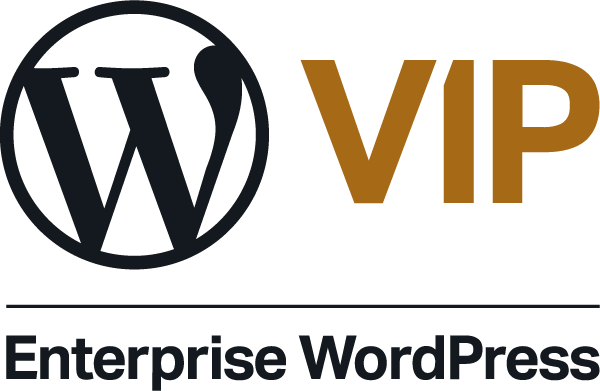New strategy for evaluating needs of indigenous people proposed in Australia

A dedicated office should be established to ensure that government policy evaluations always consider the interests of Aboriginal and Torres Strait Islander people, a new Australian strategy proposes. The model may be of value to other nations with minority indigenous populations.
The Indigenous Evaluation Strategy, published on 30 October by the Australian Government Productivity Commission (PC), says indigenous people should be at the centre of evaluation work when planning policies and programmes that will affect them.
“Policies and programmes affecting Aboriginal and Torres Strait Islander people are not working as well as they need to. Evaluation can play an important role filling this gap, but regrettably it is often an afterthought and of poor quality,” PC Commissioner Romlie Mokak said. “Importantly, Aboriginal and Torres Strait Islander people are rarely asked about what, or how to evaluate, or what evaluation results mean,” he added.
The 32-page strategy provides a whole-government framework for agencies and shares principles-based guidance to use when selecting, planning, conducting and using policy and programme evaluations. The principles require that evaluations should be credible, useful, ethical and transparent. There is also an over-arching, guiding principle that evaluations should have the perspectives, priorities and knowledge of affected indigenous communities at their centre.
Central leadership, local adaptation
The Commission doesn’t endorse a one-size-fits all approach, noting that different contexts will require different approaches. Instead, it emphasises the need for evaluation to be embedded in the policy cycle, and says accountability for this rests with the agencies involved.
But “for the strategy to make a difference to evaluation processes and practice, it will need centralised leadership, support, coordination and oversight,” the document notes. It calls for a new Office of Indigenous Policy Evaluation (OIPE) to be set up to undertake this role. The OIPE would work in with an Indigenous Evaluation Council including Aboriginal and Torres Strait Islander representation.
“An OIPE would monitor and report on the performance of agencies against the strategy and assess how effective the strategy is in encouraging high-quality and useful evaluations,” the paper says. This monitoring process would provide incentives for agencies to implement the guiding principles and actions, as well as allowing “good practice to be identified and lessons shared.”
Ten-step plan
The proposals suggest 10 actions that agencies should take to “support an evaluation culture”. The steps are to:
- Systematically identify evaluation priorities
- Develop and publish annual “three-year evaluation forward work plans”
- Prepare an impact assessment and evaluation plan
- Ensure that agencies have the right skills to conduct evaluations
- Provide access to the data required to effectively undertake evaluations
- Strengthen and support Aboriginal and Torres Strait Islander people’s capability to engage, partner and lead in evaluation
- Publish all evaluation reports within three months of completion
- Publish accessible evaluation report summaries
- Publish a management response to evaluation findings
- Establish an Indigenous evaluation clearinghouse to disseminate findings.
The document also advises the Australian government to commission an independent review of the strategy five years after being endorsed, which should be led by an Aboriginal or Torres Strait Islander person.
It is hoped this new model for considering indigenous people in policy design will improve the quality and usefulness of evaluations and strengthen the evidence base.
“Working in partnership with Aboriginal and Torres Strait Islander people is fundamental to lifting the quality of evaluations, as is planning early so that the right questions are asked and the right data collected,” Mokak said.























